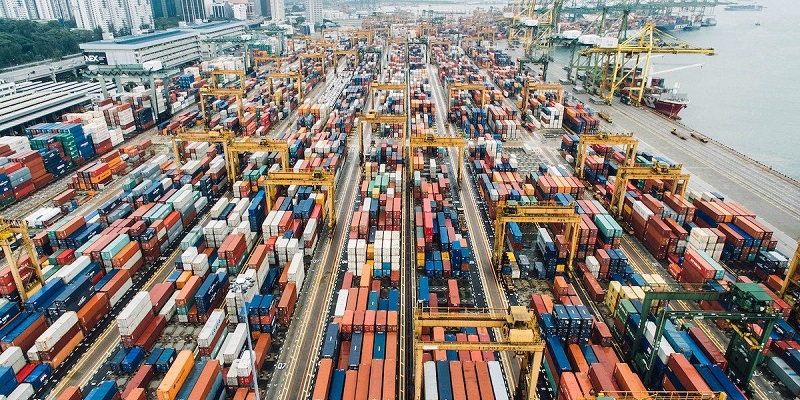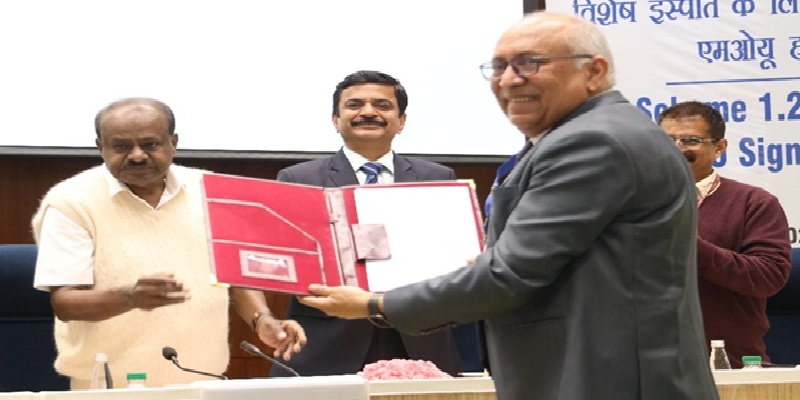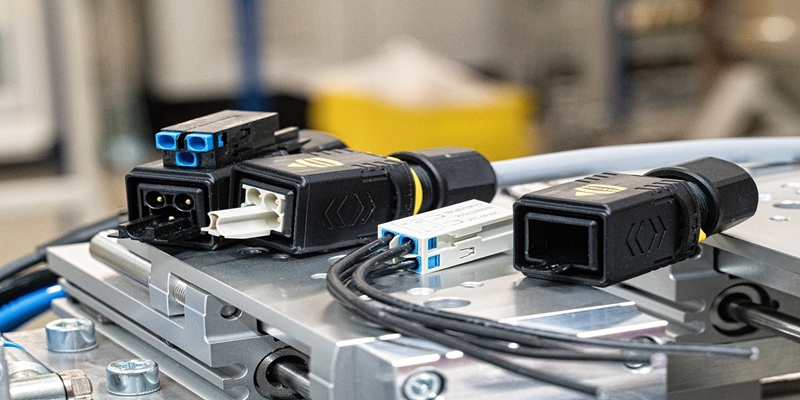Schedule a Call Back
Port delays and regulations strain India’s steel user industries: GTRI
 Industry News
Industry News- Nov 19,24

Related Stories

US Tariff Cut Lifts Apparel Outlook; Diamonds Stay Negative: ICRA
ICRA says US tariff cuts to 18 per cent offer relief to exporters, restores Stable outlook on apparel, but retains Negative outlook on cut and polished diamonds.
Read more
Jindal Stainless Signs PLI 1.2 MoU for Speciality Steel Expansion
Jindal Stainless signs MoU under PLI 1.2 to expand speciality steel capacity, supporting Rs 118.87 billion investments and 8.7 million tonnes addition by FY 2031.
Read more
Tech-Enabled Intra-City Logistics Boost MSME Efficiency
A C-DEP–IIT Delhi study shows how technology-enabled intra-city logistics is cutting costs, improving delivery reliability and expanding market reach for MSMEs, while flagging key GST and policy r..
Read more













